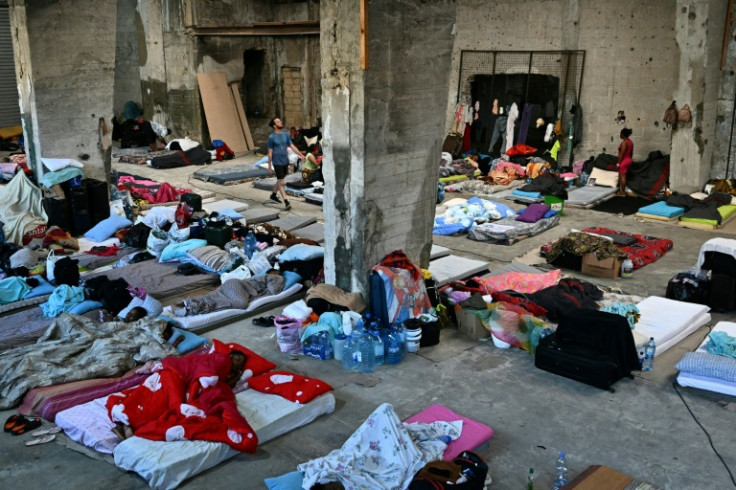Australia's High Court Rules Migrant Tracking And Curfews Unconstitutional

Australia's High Court has ruled that forcing migrants to wear electronic tracking bracelets or comply with curfews was unconstitutional, even as the Albanese government argued for reinstating these measures on national security grounds.
The majority of judges on the board ruled Wednesday that the over 100 migrants, on whom tough restrictions were placed, should receive appropriate punishment, but held that lawmakers cannot assume this responsibility, as the power to impose punishment solely rested with the judiciary, reported the Associated Press.
Meanwhile, Home Affairs Minister Tony Burke has revealed plans to introduce new legislation to allow for adjusted electronic monitoring and curfews, reported The Guardian.
Burke said in a statement that "regulations are now being finalized that will allow for an adjusted process for electronic monitoring devices and curfews to be used."
"I will sign off on these regulations later today. Tomorrow I will introduce new legislation to support those regulations," he said on Wednesday.
The latest ruling came following emergency laws passed in 2023, after the High Court decided that indefinite detention of non-citizens was not a substitute for deportation. This ruling had overturned a 28-year-old precedent that had permitted indefinite detention in cases involving security concerns.
Since the High Court ruling in November 2023, at least 224 non-citizens have been released from immigration detention, The Guardian reported, citing Home Affairs data. Among them, 130 were mandated to wear e-monitoring bracelets and subjected to a nightly curfew from 10 p.m. to 6 a.m.
However, in the wake of Wednesday's ruling, electronic ankle bracelets have been disabled, despite Burke's claims that the conditions might be restored.
"The court's decision is not the one the government wanted — but it is one the government has prepared for," Burke said in a statement. "The security and safety of the Australian community will always be the absolute priority for this government."
A 36-year-old stateless man, YBFZ, born in Eritrea, has been at the center of the latest High Court case in Australia. His family's journey to Australia began when they fled Eritrea due to fear of persecution as Jehovah's Witnesses, seeking refuge in Ethiopia before finally arriving in Australia in 2002.
The man's refugee visa was cancelled in 2017 after he was convicted of burglary and recklessly causing injury. He was in custody till the High Court ruling of 2023.
© Copyright 2025 IBTimes AU. All rights reserved.





















